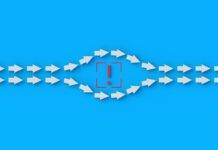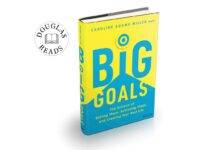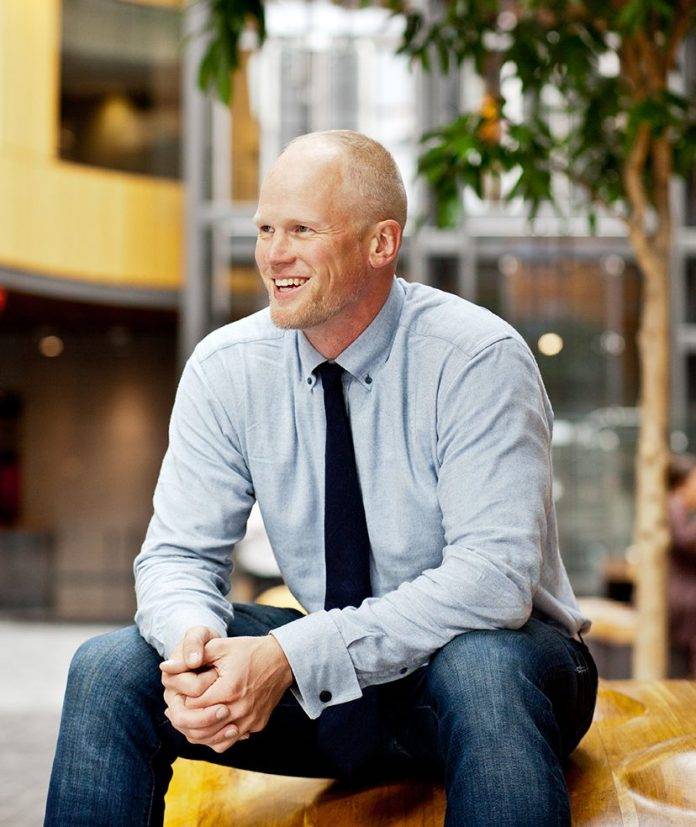As Adam Kreek says, “The grit that’s required for success in athletics is the same grit that’s required for success in business.” In his new book, The Responsibility Ethic, the Olympic champion and executive coach shares some of the principles that have fueled his own accomplishments — 12 strategies to do the work and make success happen.
“My main audience [for this book] may not have rowed before, but there are universal truths in it,” Kreek says. “I’m trying to translate the lessons of a rowing eight [a competitive racing team of eight rowers] because they are very different from that of an individual athlete. The book is about the individual in the context of a team. That’s The Responsibility Ethic: If you were to break it down into a simple formula, it would be self-leadership, plus team mindset, plus hard work equals group success and fulfillment that drives personal success and fulfillment.”
The book contains an evolution of the SMART (specific, measurable, action-oriented, realistic, and time-bound) goal philosophy. Unlike SMART, the CLEAR strategy addresses the innate emotional and collaborative nature of big projects and allows one to adjust for changing outcomes.
Collaborative
Goals must include a social framework to drive momentum and completion of a task. Who will you work with to achieve this goal?
Limited
Goals must be limited in both scope and duration. They must have simple metrics so that anyone can objectively determine if your goal has reached completion.
Emotional
Goals should make a sincere and undeniable emotional connection to your core and the core of your team members. Why should you achieve this goal? Why do those you serve care?
Appreciable
Large goals must be broken down into smaller actions and reasonable milestones so that results can grow over time. What are the small steps? What are the bigger steps?
Refinable
Goals must be set with a headstrong and steadfast objective, but as new situations or data arise, refine and modify your targets. Anticipate change. Plan for risk. Create the best-case scenario, the worst-case scenario and most-likely scenario. Make sure the best case and worst case are dramatically different than the most-likely scenario.
The Responsibility Ethic is published by Page Two. Learn more about Adam Kreek at www.kreekspeak.com
This article is from the December/January 2020 issue of Douglas.
























